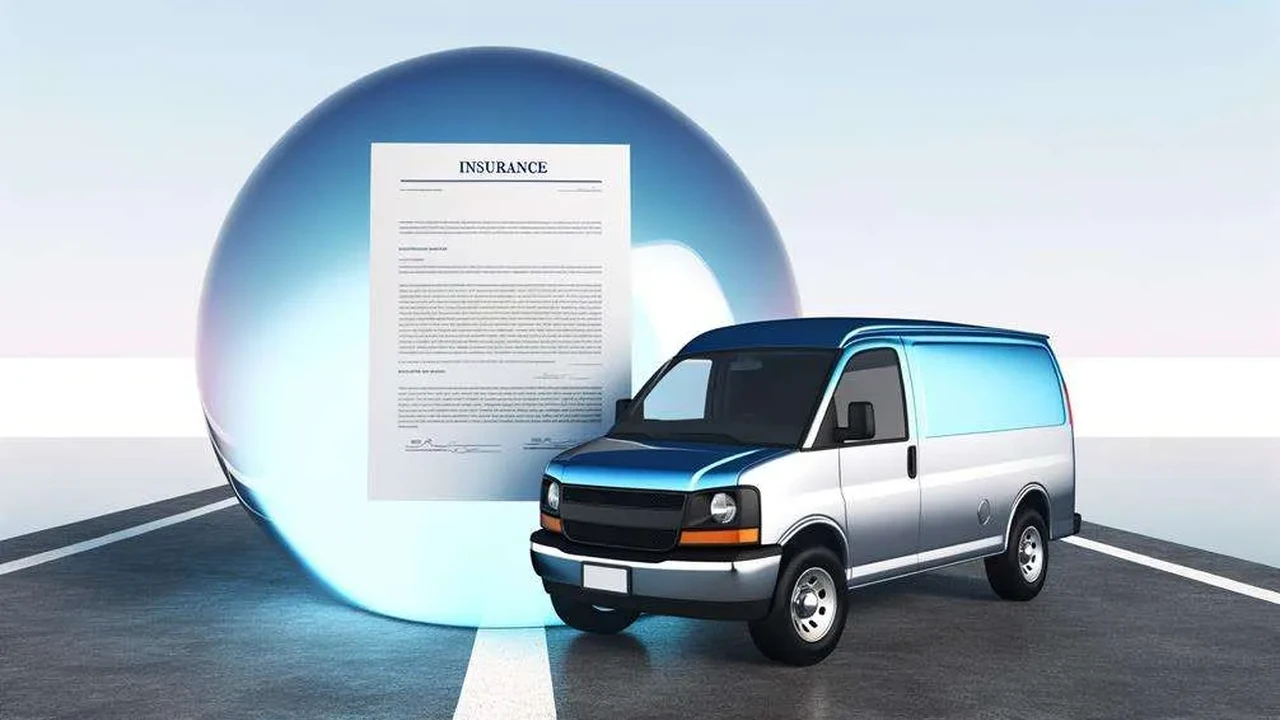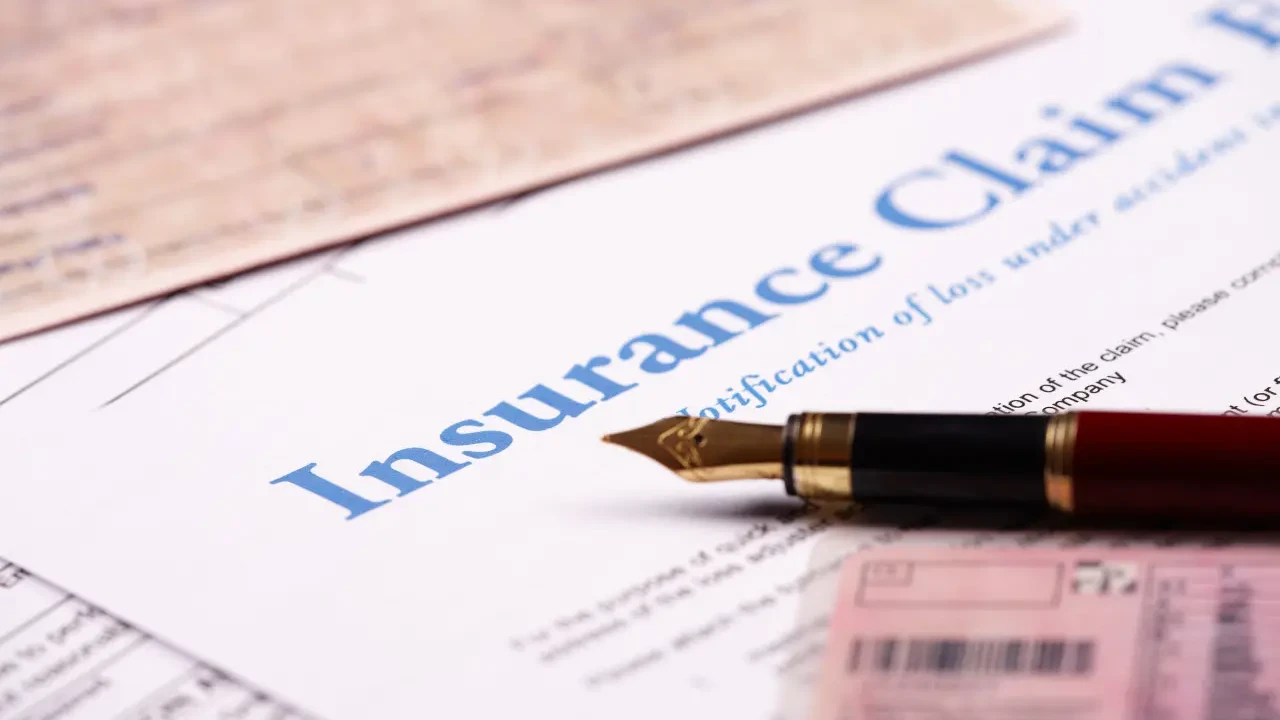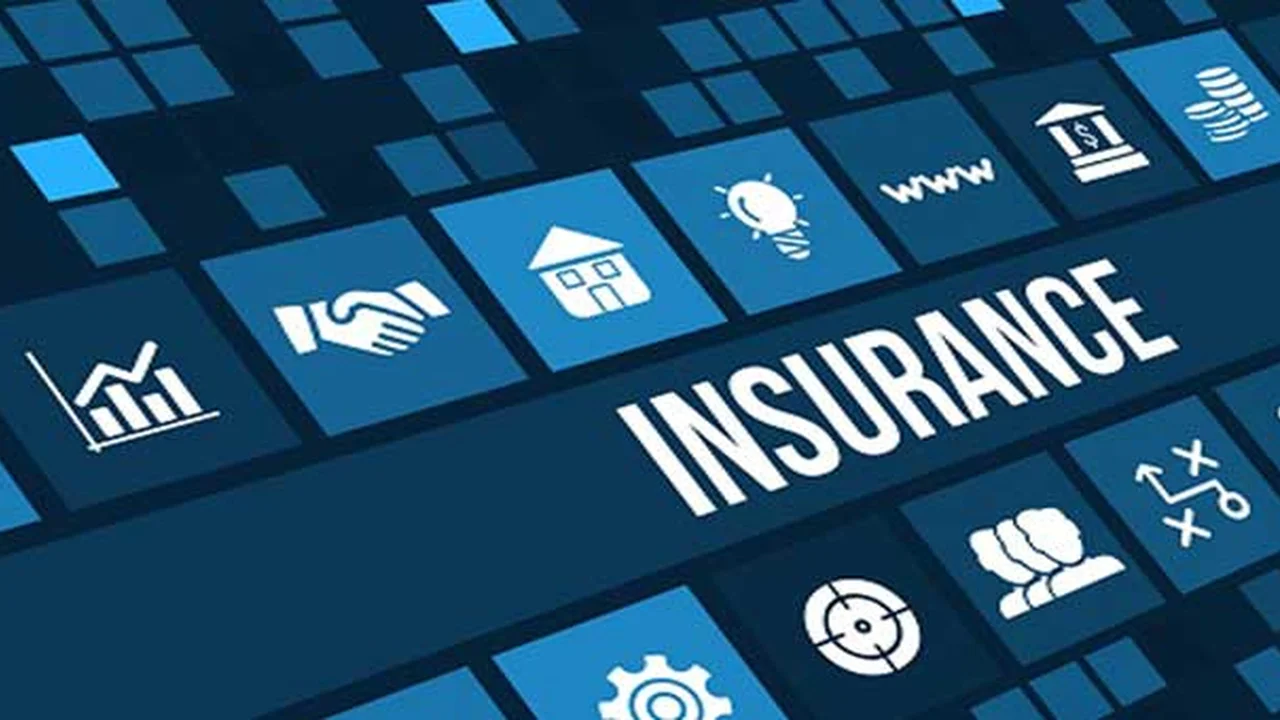Commercial Car Insurance: Coverage for Business Vehicles

Okay, let's dive deep into commercial car insurance! If you're using a vehicle for anything other than personal commuting, you probably need this. Think deliveries, client visits, carrying equipment – basically anything that helps you make money. Using your personal car insurance for business purposes can lead to denied claims, and nobody wants that headache.
Understanding Commercial Auto Insurance Policies Key Coverages
So, what does commercial auto insurance actually cover? It's more comprehensive than your personal policy, tailored for the specific risks businesses face.
Liability Coverage Protecting Your Business Assets
This is the big one. Liability coverage protects you if you or an employee causes an accident and injures someone else or damages their property. It covers legal fees, medical bills, and property damage claims. Imagine one of your delivery drivers rear-ends someone. Liability coverage steps in to pay for their car repairs and any injuries they sustained. Without it, your business could be on the hook for potentially crippling expenses.
Physical Damage Coverage Repairing or Replacing Your Vehicle
This covers damage to your own vehicles, regardless of who's at fault. It typically includes:
- Collision Coverage: Pays for damage caused by colliding with another vehicle or object. Think hitting a guardrail or getting rear-ended.
- Comprehensive Coverage: Covers damage from things other than collisions, like theft, vandalism, fire, hail, or even a rogue deer jumping in front of your van.
Uninsured Motorist Coverage Protecting Against Uninsured Drivers
What happens if one of your drivers is hit by someone who doesn't have insurance, or doesn't have enough? Uninsured motorist coverage steps in to cover your damages and injuries. It’s surprisingly common, and a really valuable protection.
Medical Payments Coverage Covering Medical Expenses
This covers medical expenses for you or your employees if you're injured in an accident, regardless of who's at fault. It can help pay for things like ambulance rides, doctor visits, and hospital stays. It often has lower limits than liability coverage, but it can be a lifesaver for immediate medical needs.
Hired and Non-Owned Auto Insurance Extending Coverage
This covers vehicles you use for business that you don't actually own. This could include:
- Rented vehicles: Like renting a truck to move equipment.
- Employee-owned vehicles: If employees use their personal cars for business tasks, like running errands or attending meetings.
This is super important because your regular commercial policy might not cover these scenarios.
Choosing the Right Commercial Auto Insurance Understanding Your Needs
The right policy depends on your specific business and the types of vehicles you use. Here are some things to consider:
Vehicle Type Assessing Your Fleet
Are you using cars, vans, trucks, or something else? The type of vehicle affects the risk and therefore the premium. A fleet of delivery vans will likely have a higher premium than a single sedan used for occasional client visits.
Number of Vehicles Considering Fleet Size
Do you have one vehicle or a whole fleet? If you have a fleet, you'll need a fleet policy that covers all your vehicles under one policy. This is often more cost-effective than insuring each vehicle separately.
Driving Radius Defining Your Coverage Area
Do your drivers operate locally, regionally, or nationally? A wider driving radius means more exposure to risk, which will affect your premium. Someone who only drives within a 5-mile radius will pay less than someone who drives across the state.
Cargo Transported Evaluating Your Risk
Are you transporting valuable goods or hazardous materials? If so, you'll need additional coverage to protect against loss or damage. This is especially important for businesses that transport sensitive or dangerous materials.
Employee Driving Records Assessing Driver History
What are the driving records of your employees? A history of accidents or violations will increase your premium. It's important to screen your drivers carefully and provide ongoing safety training.
Commercial Car Insurance Products Recommendations and Comparisons
Alright, let's get into some actual insurance companies and products. Keep in mind that prices vary *wildly* based on your specific circumstances, so get quotes from multiple providers!
Progressive Commercial Auto Insurance A Solid All-Around Option
Progressive is a popular choice for small businesses. They offer a wide range of coverages and discounts, and they're known for their competitive pricing. Their "Snapshot ProView" program can even give you discounts based on safe driving habits tracked via a mobile app.
Use Case: A small catering business with two delivery vans operating within a 50-mile radius.
Pros: Competitive pricing, wide range of coverages, discounts for safe driving.
Cons: Customer service can sometimes be inconsistent.
Estimated Price: $1,200 - $2,500 per vehicle per year (depending on coverage and driving history).
Nationwide Commercial Auto Insurance Comprehensive Coverage for Larger Fleets
Nationwide is a good option for businesses with larger fleets and more complex needs. They offer tailored policies and risk management services.
Use Case: A construction company with a fleet of trucks and vans operating across multiple states.
Pros: Tailored policies, risk management services, strong financial stability.
Cons: Can be more expensive than some other options.
Estimated Price: $1,500 - $3,000 per vehicle per year (depending on coverage and driving history).
State Farm Commercial Auto Insurance Personalized Service and Local Agents
State Farm is known for its personalized service and network of local agents. This can be helpful if you prefer to work with someone face-to-face.
Use Case: A real estate agency with a few cars used for showing properties to clients.
Pros: Personalized service, local agents, strong reputation.
Cons: Pricing may not always be the most competitive.
Estimated Price: $1,300 - $2,800 per vehicle per year (depending on coverage and driving history).
The Hartford Commercial Auto Insurance Specialized Coverage for Specific Industries
The Hartford offers specialized coverage for specific industries, such as contractors, healthcare providers, and retailers. They understand the unique risks faced by these businesses.
Use Case: A plumbing company with service vans that carry specialized equipment.
Pros: Specialized coverage, industry expertise, strong financial ratings.
Cons: May not be the best option for businesses outside of their target industries.
Estimated Price: $1,400 - $3,200 per vehicle per year (depending on coverage and driving history).
Commercial Car Insurance Pricing Factors What Affects Your Premium
Several factors influence the cost of your commercial auto insurance. Understanding these can help you get the best possible rate.
Driving Records Impact of Accidents and Violations
As mentioned earlier, a clean driving record is key. Accidents and traffic violations will significantly increase your premium. Insurance companies see these as indicators of higher risk.
Vehicle Type Influence of Vehicle Usage
The type of vehicle and how it's used matter. A heavy-duty truck used for hauling will have a higher premium than a small car used for errands.
Coverage Limits Selecting the Right Coverage Amounts
The higher your coverage limits, the higher your premium. However, it's important to have adequate coverage to protect your business assets. Don't skimp on coverage just to save a few bucks.
Deductibles Balancing Cost and Risk
Your deductible is the amount you pay out-of-pocket before your insurance coverage kicks in. A higher deductible will lower your premium, but you'll have to pay more if you have a claim. Choose a deductible you're comfortable with.
Location Geographical Considerations
Your location also affects your premium. Areas with higher rates of accidents or theft will have higher insurance costs.
Business Type Industry-Specific Risks
Certain industries are considered higher risk than others. For example, a taxi service will likely have a higher premium than an accounting firm.
Tips for Saving Money on Commercial Car Insurance Strategies for Lower Premiums
Okay, let's talk about saving some money! Here are some tips to help you lower your commercial auto insurance premium:
Shop Around Comparing Quotes from Multiple Providers
This is the most important tip! Get quotes from multiple insurance companies to compare prices and coverage options. Don't just settle for the first quote you get.
Increase Your Deductible Balancing Cost and Risk
As mentioned earlier, increasing your deductible can lower your premium. Just make sure you can afford to pay the higher deductible if you have a claim.
Bundle Your Insurance Combining Policies for Discounts
If you have other business insurance policies, such as general liability or property insurance, consider bundling them with your commercial auto insurance. Many insurance companies offer discounts for bundling.
Improve Driver Safety Implementing Safety Programs
Implement a driver safety program to reduce accidents and violations. This can include things like defensive driving courses, regular safety meetings, and monitoring driver behavior.
Maintain Your Vehicles Regular Maintenance for Safety
Regularly maintain your vehicles to prevent accidents caused by mechanical failures. This includes things like checking brakes, tires, and lights.
Pay Annually Lump-Sum Payments for Savings
If possible, pay your insurance premium annually instead of monthly. You may get a discount for paying in full.
Commercial Car Insurance Claims Process What to Do After an Accident
Accidents happen. Knowing what to do after one can save you a lot of stress and hassle.
Ensure Safety Prioritizing Well-Being
First and foremost, make sure everyone is safe. Check for injuries and call 911 if necessary.
Document the Scene Gathering Evidence
Take photos of the accident scene, including vehicle damage, license plates, and any other relevant details. Get the other driver's insurance information and contact information.
Report the Accident Notifying the Authorities
Report the accident to the police and your insurance company as soon as possible. Provide them with all the necessary information.
File a Claim Initiating the Insurance Process
File a claim with your insurance company. They will investigate the accident and determine who is at fault.
Cooperate with the Insurer Providing Information
Cooperate with your insurance company's investigation. Provide them with any information they need, such as witness statements or medical records.
Track Your Expenses Maintaining Records
Keep track of all your expenses related to the accident, such as medical bills, car repairs, and rental car costs. This will help you get reimbursed for your losses.
:max_bytes(150000):strip_icc()/277019-baked-pork-chops-with-cream-of-mushroom-soup-DDMFS-beauty-4x3-BG-7505-5762b731cf30447d9cbbbbbf387beafa.jpg)






